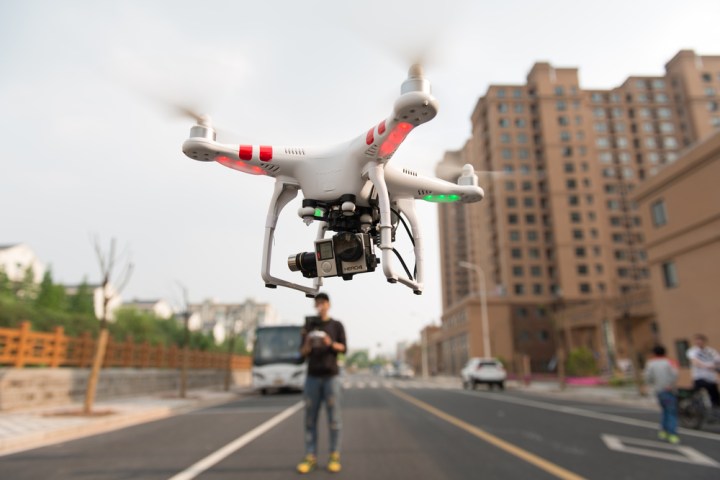
Up to a million drone owners have so far done as they were told, hitting the Federal Aviation Administration’s (FAA) website to register their information. But then in May a U.S. appeals court affirmed an earlier lower court ruling that said the policy was in violation of a preexisting law banning regulation of model aircraft. So for the last few months, buyers of new drones have been able to fly them without first registering their details.
But the story doesn’t end there. Although the FAA is still encouraging hobbyist drone owners to register their details voluntarily, May’s ruling has led the agency to start offering a refund to registered users and for their details to be wiped from the database.
To obtain your $5 refund and have your registration details deleted, you’ll need to fill out this FAA form, which requires you to confirm that you only fly your drone for hobby or recreational use. Commercial drones still need to be registered.
Submitting the form will guarantee the deletion of your records, though you’ll need to check a box and give your bank details if you want your $5 back.
The odd thing is, another ruling could be on the way that stipulates owners of consumer drones must register their flying machine, which would mean that anyone who unregisters their drone now will have to register it again, possibly for a future system that allows a drone in the sky to be identified by officials on the ground. So is it really worth the hassle of taking yourself off the database now?
When it launched toward the end of 2015 in response to the growing popularity of remotely controlled quadcopters and the like, the FAA said its registration system would “foster a greater awareness on the part of users to learn the rules about flying safely” in U.S. airspace, and would also enable the authorities to trace ownership of a drone in the event of an incident.
The FAA also launched a B4UFLY iOS and Android app to teach owners about drone safety. The app lets you know if there are any flight restrictions at your current location. Responses could include, “Proceed with Caution,” “Warning — Action Required,” or “Flight Prohibited.”
Editors' Recommendations
- FAA gives UPS’ drone delivery efforts a big boost
- You can now get the Samsung Odyssey Ark — if you can stomach the price
- New drone owner? Check out this video before you fly
- HomePod owners can now ask Siri to play music from Deezer
- FAA authorizes autonomous drone flight without an operator nearby


